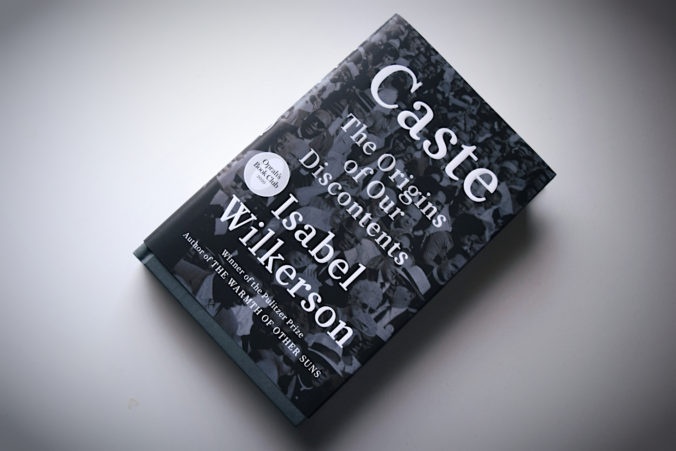In Caste, Isabel Wilkerson attempts to frame the caste system in America. As the reader, you must survey the foundation on which the country is built. Wilkerson examines the caste systems of two other societies in comparison: Nazi Germany and India. Through this, she illustrates the pillars of caste systems and how caste infiltrates our lives. She shows the backlash created when individuals rise above their station. Finally, she highlights the often-overlooked consequences on society and offers hope at healing these divides.
Caste is unrelenting and eye-opening. Wilkerson crosses between theorizing, research, and anecdotal illustrations. Her personal experiences are especially poignant as they show vulnerability. Critics claim that the book flounders in depictions of slavery and the Jim Crow South. The oppression experienced by African-Americans is familiar terrain for readers, but without this groundwork, the book would lose stability. Wilkerson’s examples are often vivid and brutal. Her depictions were not gratuitous and drove her argument.
In the final quarter, this work truly shines. Where Wilkerson may leave readers despairing early, she shows a road forward here. The material is more topical and relatable as well. She has made this an understandable and accessible subject for many readers, especially those searching for meaning in “structural racism.” Lastly, Wilkerson leaves us with a simple call to action around recognition, knowledge, and understanding.

